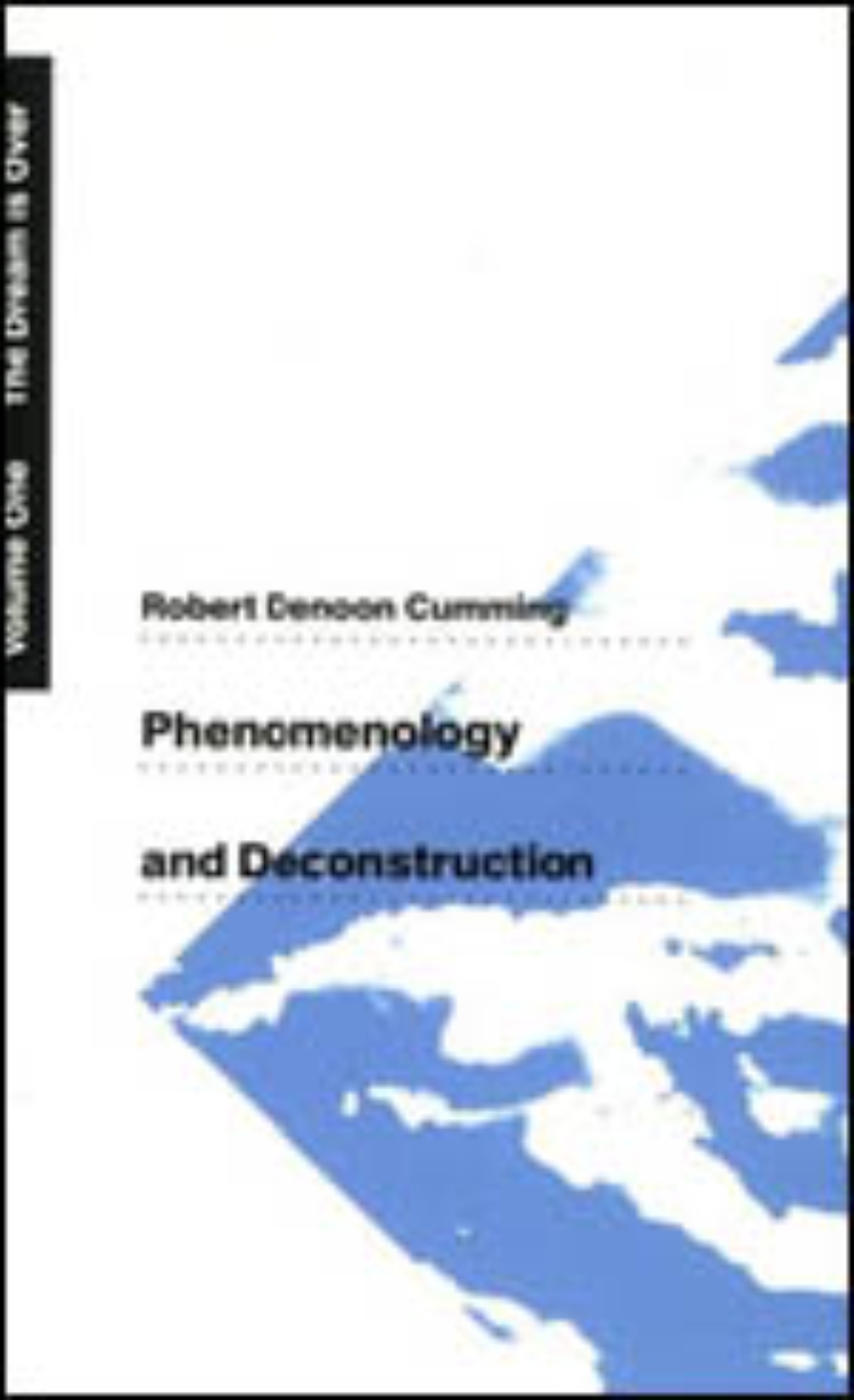Phenomenology and Deconstruction, Volume One
The Dream is Over
"Philosophy as . . . a rigorous science . . . the dream is over," Edward Husserl once declared. Heidegger (Husserl’s successor), Derrida, and Rorty have propounded versions of "the end of philosophy." Cumming argues that what would count as philosophy’s coming to an end can only be determined with some attention to disruptions which have previously punctuated the history of philosophy. He arrives at categories for interpreting what is at issue in such disruptions by analyzing Heidegger’s and Husserl’s break with each other, Heidegger’s break with Sartre, and Merleau-Ponty’s break with Sartre.
In this analysis Cumming deals with how a philosophy can be vulgarized (as Heidegger’s was by Nazism but in Heidegger’s own view by Sartre), with problems of periodization, with how the history of philosophy can be disinguished as a philosophical discipline from intellectual history. Cumming also elaborates an analogy between a philosophical method and style.
In this analysis Cumming deals with how a philosophy can be vulgarized (as Heidegger’s was by Nazism but in Heidegger’s own view by Sartre), with problems of periodization, with how the history of philosophy can be disinguished as a philosophical discipline from intellectual history. Cumming also elaborates an analogy between a philosophical method and style.
Table of Contents
Introduction: The End of Philosophy
Shifts
1. The Level of Phenomenology
2. The Level of Phenomenology
3. The Terrain of Vulgarization
4. Nazism
Influence
5. Discipleship
6. Turning
7. Originality
8. Immersion
9. Turning Point
Method
10. Access
11. Phenomenology and Dialectic
12. Style
13. Communication
14. Understanding
Conclusion: Toward the Concrete
Notes
Works Cited
Index
Shifts
1. The Level of Phenomenology
2. The Level of Phenomenology
3. The Terrain of Vulgarization
4. Nazism
Influence
5. Discipleship
6. Turning
7. Originality
8. Immersion
9. Turning Point
Method
10. Access
11. Phenomenology and Dialectic
12. Style
13. Communication
14. Understanding
Conclusion: Toward the Concrete
Notes
Works Cited
Index
